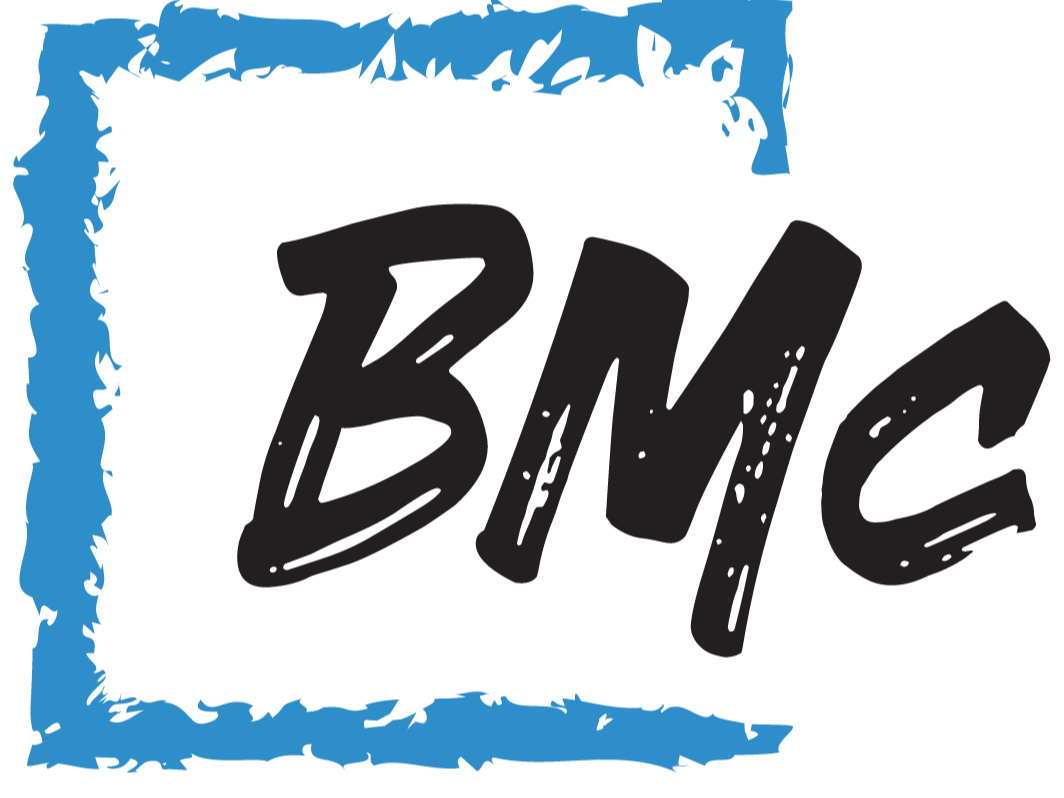Why AI Isn’t Just a Buzzword Anymore
- Brett McCallum
- Sep 19, 2025
- 2 min read
Why AI Isn’t Just a Buzzword Anymore
AI used to be something you saw in sci-fi movies. Now it’s in your inbox, your car, your bank, and your business. And if you’re still treating it like a buzzword, you’re already behind.
I’ve spent years helping businesses understand and apply AI. Not the hype. The real stuff. The stuff that saves time, makes money, and changes how you work.
What AI Actually Is (And Isn’t)
AI isn’t magic. It’s maths. It’s algorithms. It’s machines learning patterns and making decisions based on data. It’s not going to replace every job, but it will change every job.
The Three Types of AI You Should Care About
Automation AI Think chatbots, invoice processing, scheduling. It’s about saving time.
Predictive AI Think customer behaviour, sales forecasting, risk analysis. It’s about making smarter decisions.
Generative AI Think content creation, design, coding. It’s about creating new things from data.
Why AI Matters for Your Business
It saves time: Automate the boring stuff.
It improves decisions: Use data, not gut feelings.
It scales creativity: Generate ideas, content, and solutions faster.
Real-World Example: AI in Startups
I worked with a startup that used AI to match buyers and sellers in commodities. They didn’t have a huge team or budget. But they used machine learning to analyse deal patterns, predict interest, and automate outreach. Result? Faster deals, better margins, and less manual work.
The AI Trap: Don’t Just Buy Tools
AI isn’t about buying a platform and hoping for the best. It’s about understanding your data, your goals, and your workflows. Start small. Test. Learn. Bounce.
How to Get Started with AI
Identify repetitive tasks.
Look at your data—what do you collect, and what could you learn from it?
Explore tools like ChatGPT, Midjourney, or RunwayML.
Upskill your team. AI literacy is the new digital literacy.
Final Thought
AI isn’t the future. It’s now. And it’s not just for tech companies. It’s for anyone willing to learn, adapt, and embrace the fail.




Comments